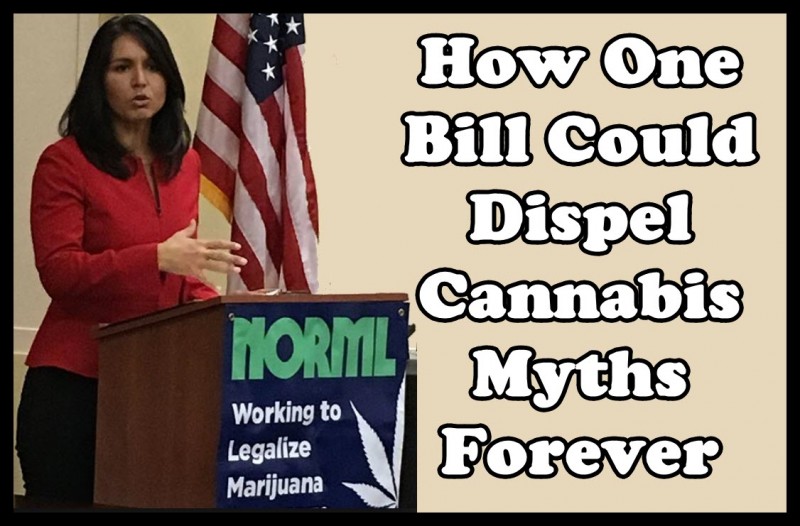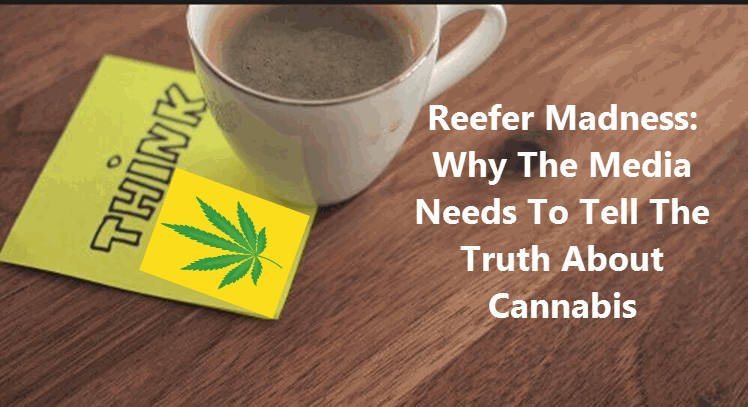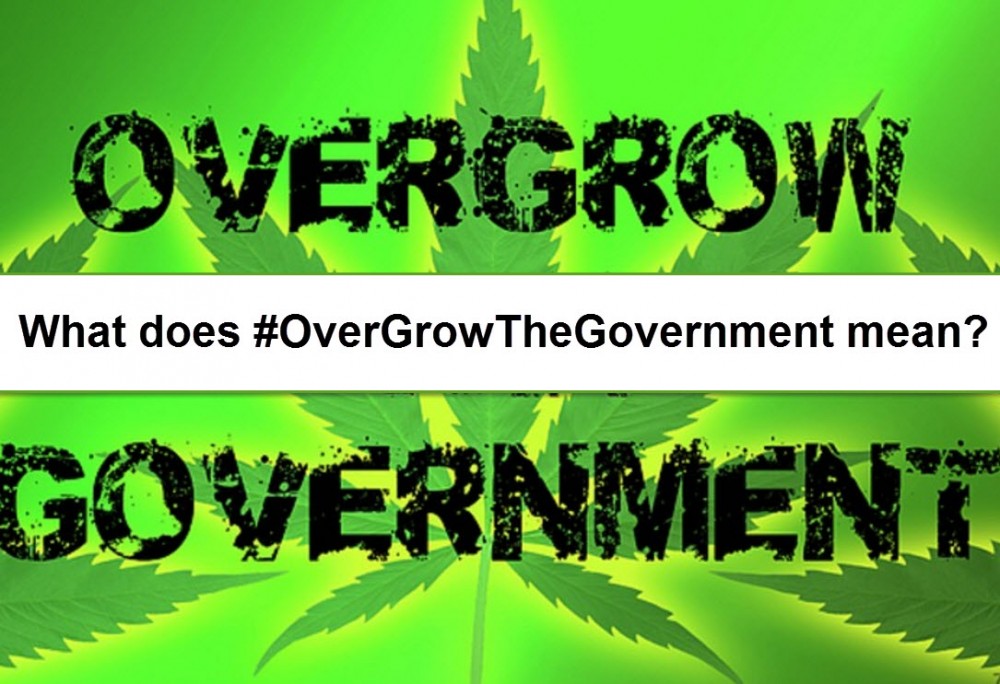How One Bill Could Dispel Cannabis Myths Forever - The Marijuana Data Collection Act
For decades, only research that sought to determine the risk profile of cannabis has been approved by the D.E.A. This is precisely why we’re in such a shit-show in relation to “government accepted studies” to prove the efficacy of cannabis as a medicine.
As a result, the battle to legalize cannabis has been a difficult one. However, a new bill could end all the myths surrounding cannabis once and for all.
The Marijuana Data Collection Act aims to provide accurate information about the impact of legalization within all states within the United States. Introduced by Rep. Tulsi Gabbard (D-HI) and a group of bipartisan co-sponsors, the Bill would instruct the Department of Health and Human Services to join forces with an array of other federal agencies to study the effects of legalization in the following areas; Economy, Public Health, Criminal Justice and Employment.
Introducing the Bill, Gabbard said; "For decades, bad data and misinformation have fueled the failed war on drugs that's wasted billions of taxpayer dollars, incarcerating Americans for nonviolent marijuana charges… Our outdated marijuana policies have turned everyday Americans into criminals, strained our criminal justice system, cost taxpayers tremendously and torn families apart."
"Our federal policies should be based on actual science and fact, not misplaced stigma and outdate myths."
What Makes this Marijuana Bill so Different
Unlike any other cannabis related bill, this bill doesn’t seek to legalize marijuana in any form. Rather, it will be used primarily for the purpose of collecting data and providing factual information on the impacts of legalization.
Rightfully, as Justin Strekel [political director for N.O.R.M.L] said, "No member of Congress can intellectually justify opposition to this legislation. Our public policy needs to be based on sound data and science, not gut feelings or fear-mongering. Approving the Marijuana Data Collection Act would provide legislators with reliable and fact-based information to help them decide what direction is most beneficial to society when it comes to marijuana policy.”
Simply looking into the origins of marijuana prohibition, we can see that the norm of deciding our policies are based on misinformation. This bill would dispel the myths surrounding cannabis legalization once and for all.
So what will this bill cover?
There are several different areas the bill will address:
State Allocation and Revenue
This part of the bill will focus entirely on the amount of money generated through revenues, tax and other financial benefits derived through legalization. Additionally, it will see ‘where’ the money was used and what the global impact of legalization is on a state level.
Medical Uses
The next factor the bill will address is the rates of medicinal use among different demographics. This includes children, the elderly, veterans and people with disabilities. The aim of this section is to find out what medical marijuana is used for the most, which conditions are most common with medical marijuana patients and so forth.
Substance Use
This section of the bill directly addressed the opioid epidemic the US is facing. It will check for things such as rates of admission in healthcare facilities, emergency room visits, etc. It will also measure rates of opioid prescriptions and other pain killers as well.
Criminal Justice Impact
The bill will aim to get real statistics on marijuana-related arrests in relation to possession, cultivation as well as distribution. This will be done on a Federal and a State level and will take into consideration such as sex, age, race and ethnicity. Additionally, it will focus on the costs associated with all of these prisoners before and after legalization. This is significant because there would be a price tag associated with each marijuana arrest, helping in the cost-benefit aspect of legalization vs prohibition.
Employment
It will also take into consideration the amount of jobs created in each state as well as calculate the job expectancy over the next five years.
Why does this matter?
This is the first time in the history of prohibition that the government will be taking a closer look at the impacts of prohibition. This information bill will provide sound arguments in favor of legalization after the data trickles in.
There is really no justification for any politician to go against this bill. Nonetheless, there will be a few politicians that will definitely vote no. Watch out for those politicians because odds are that they are deep in the pocket of the prohibitionist lobby.
It places them in a difficult position. When everyone is clamoring, “We need more research!”, to deny such a bill would clearly show whose side you are on. Conversely, if the data pulled from the research dispels the myth of prohibition, their cash flow will take a huge hit.
It’s a catch-22 for those on Capitol Hill that benefits from prohibition, because we know that when all is said and done…cannabis legalization will be the smartest-most-economic option left on the table.
It’s a “check-mate” scenario.
The Marijuana Data Collection Act - Ending Reefer Madness Lies Forever from CannabisNet on Vimeo.
OTHER STORIES YOU MAY ENJOY...
REEFER MANDESS AND THE MEDIA, CLICK HERE.







